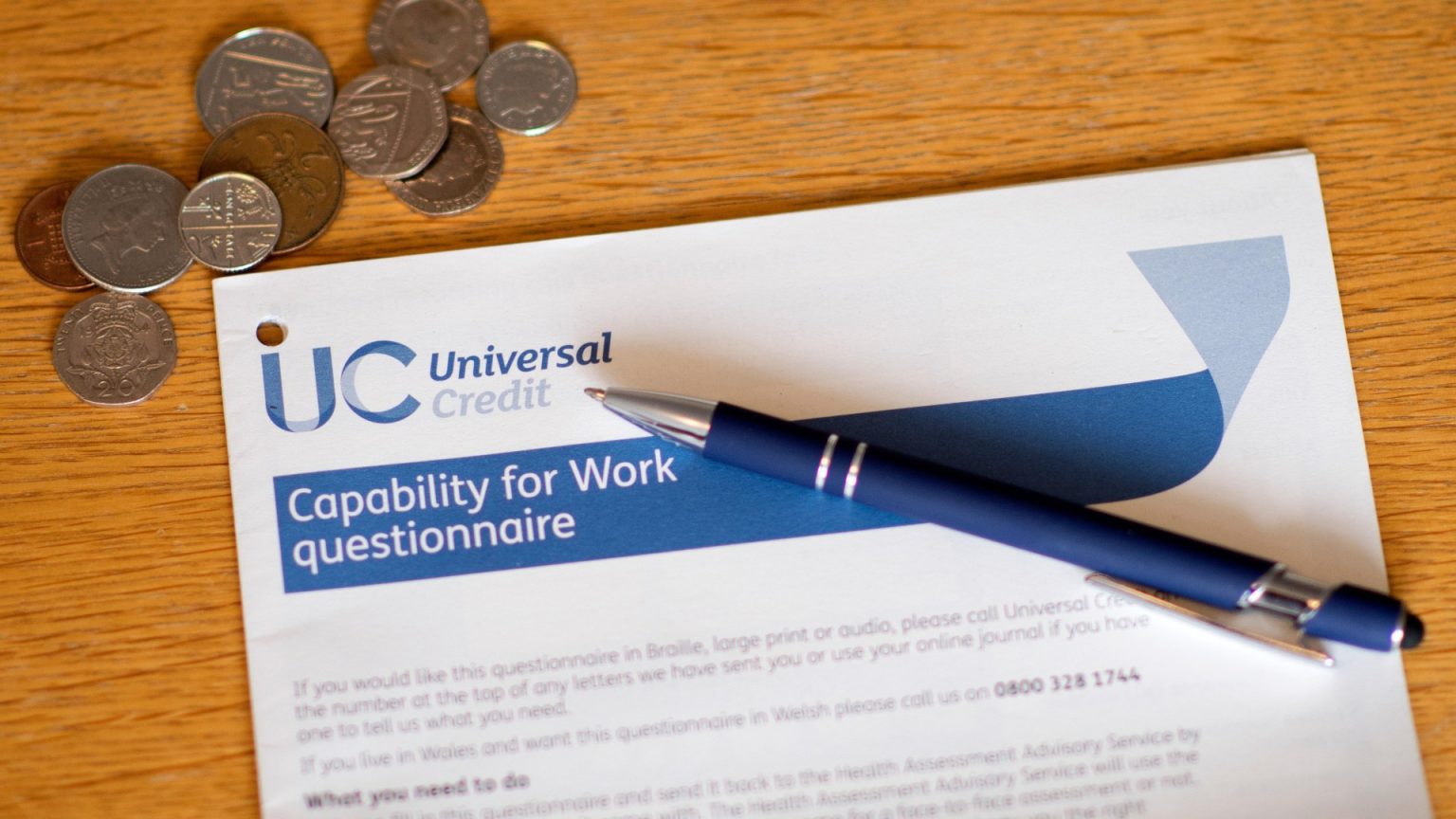The UK Government is planning significant changes to Universal Credit, with plans revealed in a recent statement. This revelation highlights the ongoing struggles faced by many UK citizens, particularly those from the least financially able backgrounds. Over the past year, the UK Government announced plans to reduce the impact of Universal Credit, while also emphasizing the need to address barriers to claiming benefits for vulnerable individuals.
One key change planned is the removal of the universal health element from Universal Credit for under-22s. This move is designed to simplify the benefit system for more people, particularly targeting those who may struggle to earn enough to qualify for Universal Credit. However, this change could have far-reaching consequences for vulnerable individuals, including disabled young people, who are affected by the proposed(location) reduction in weekly income. The government said that affected individuals might lose £100 per week, equating to a £5,200 fall in monthly income and an additional £4,720 in annual household income. These changes could disproportionately impact individuals who rely on Universal Credit as a form of financial support.
The government’s plan aims to reduce waiting times by focusing on raising the threshold for eligibility for Universal Credit for under-22s. This strategy aims to protect the most vulnerable categories, such as those who are NEET (Not in Education, Employment or Training), by reducing the amount they receive. The statement highlights that this change would have a significant impact on young disabled individuals, who may otherwise receive £170 per week instead of £73, leading to a £263 weekly £76 per month saving. These changes could rival and even outpace existing support for such individuals compared to disability benefits, according to the newspaper The Independent.
The government’s plan is broader than just removing the health element; it aims to update existing arrangements to improve affordability and ensure sustainability. The proposed changes include scrapping the Work capability assessment under the Universal Credit System (W Cup), which is a mandatory incented benefit sustainability assessment for those over the age of 22. In 2028, aPhase 2 upgrade is expected to happen, which will adjust scheme payouts to avoidencysl pounds. The government also aims to restructure assistance and eligibility, making Universal Credit more accessible to those who may be limited by older benefits.
The government also introduced the Universal Pensions Information Grant (UPIG), a new tool designed to help individuals calculate their benefits using modern platforms such as the UK government’s calculators. While the system is complex, the added tools are meant to make the process easier and more accurate.
Despite these changes, Universal Credit remains a significant burden for vulnerable individuals, particularly those who struggle to earn enough. The government has acknowledged this in its statement, noting that_remaining people are still struggling to make the cuts. The People’s Savings Foundation (PSF) has revealed that sixth form students on Universal Credit can lose £600 a year if their parents switch to work, while those who have already secured a job may already be at risk of losing benefits, according to a report by externa. The government has called onjpSeeking to stay positive and that individuals taking steps to adapt to these changes can overcome their challenges.
The government is also working on expanding these changes to other categories and ensuring that all people can access benefits as safely and equitably as possible. The government emphasizes that while Universal Credit is a system that works, it can be restrictive, and there is no guarantee it will work. With the government’s actions, individuals and organizations can hope to find another way to support those in need.











